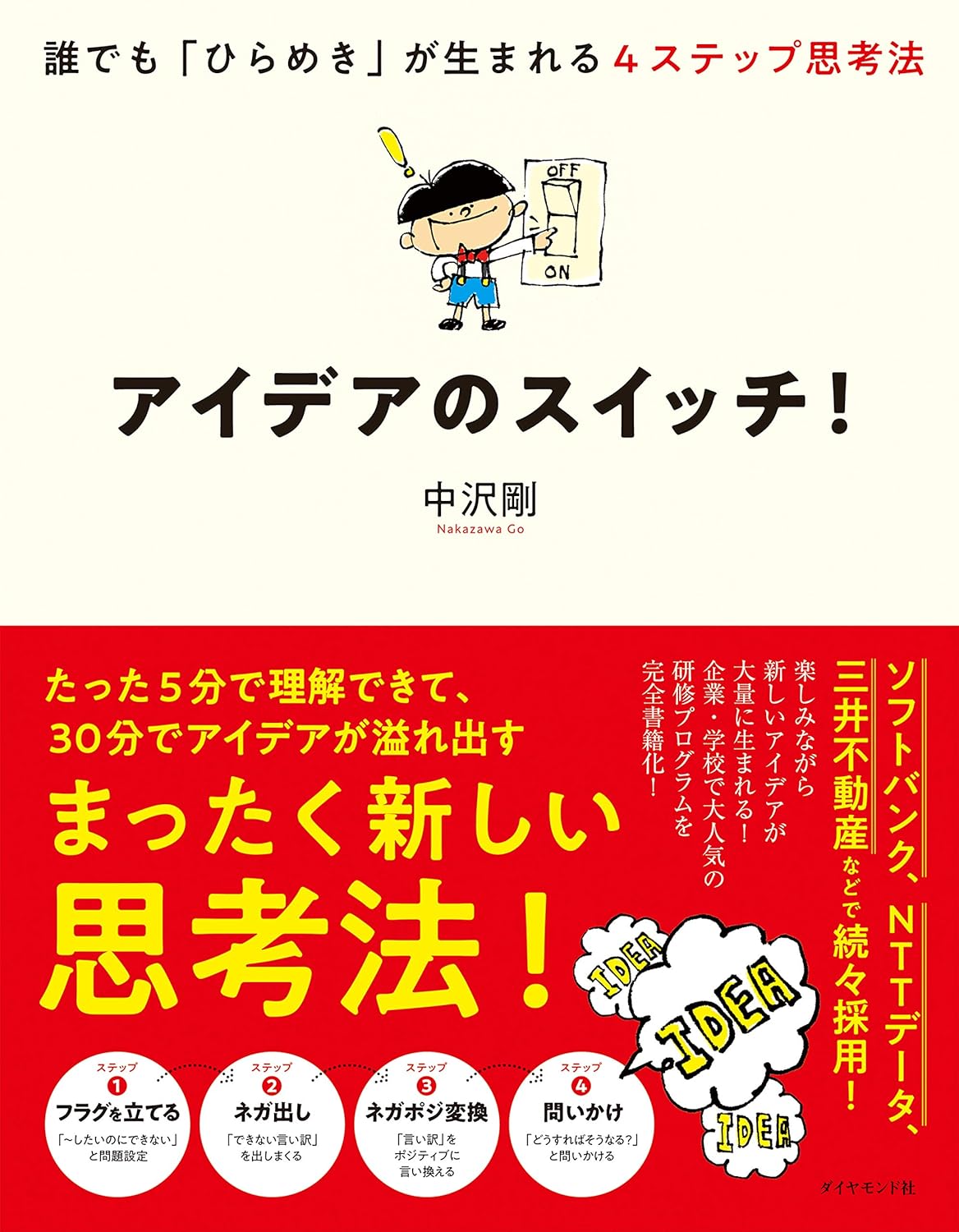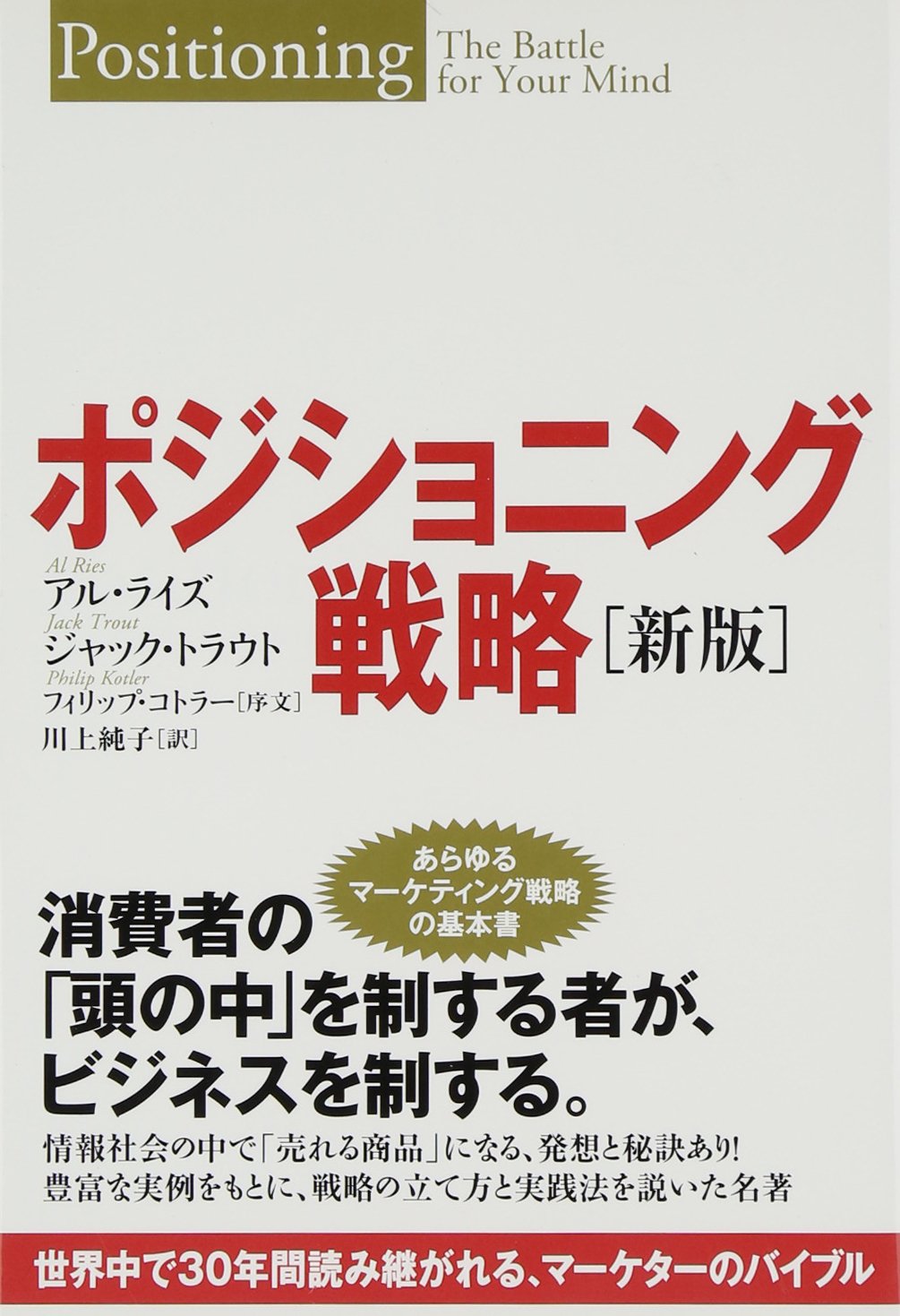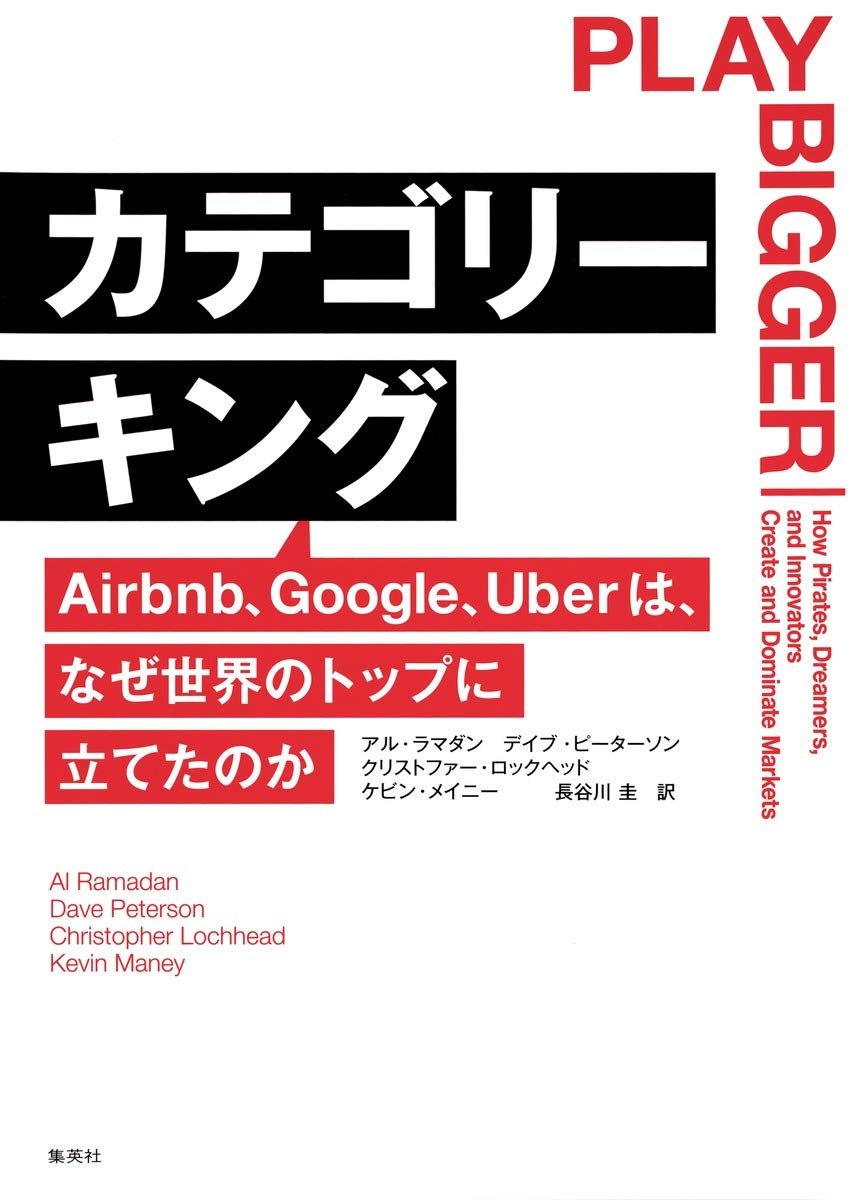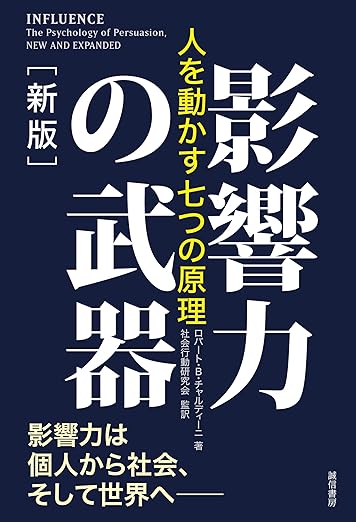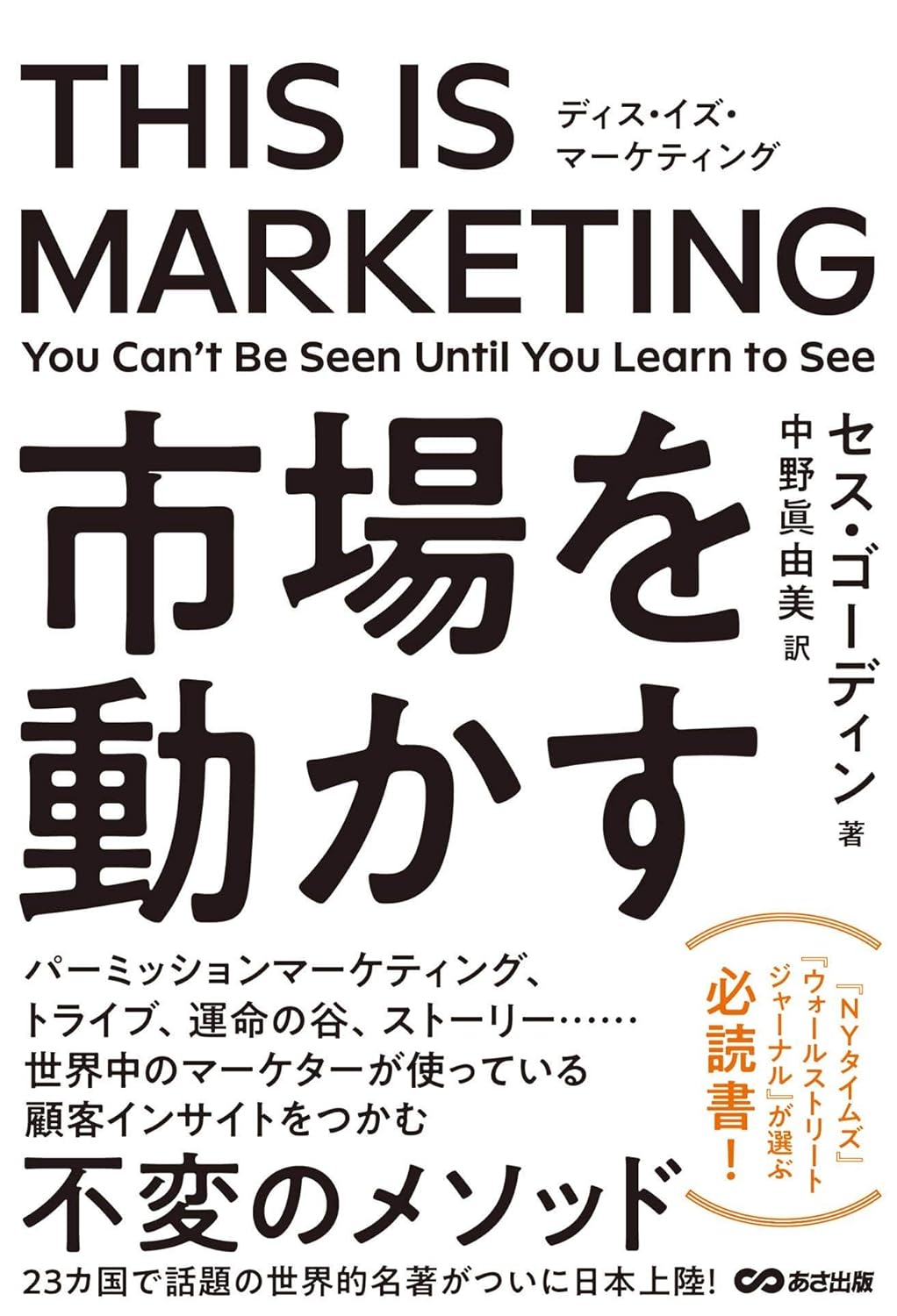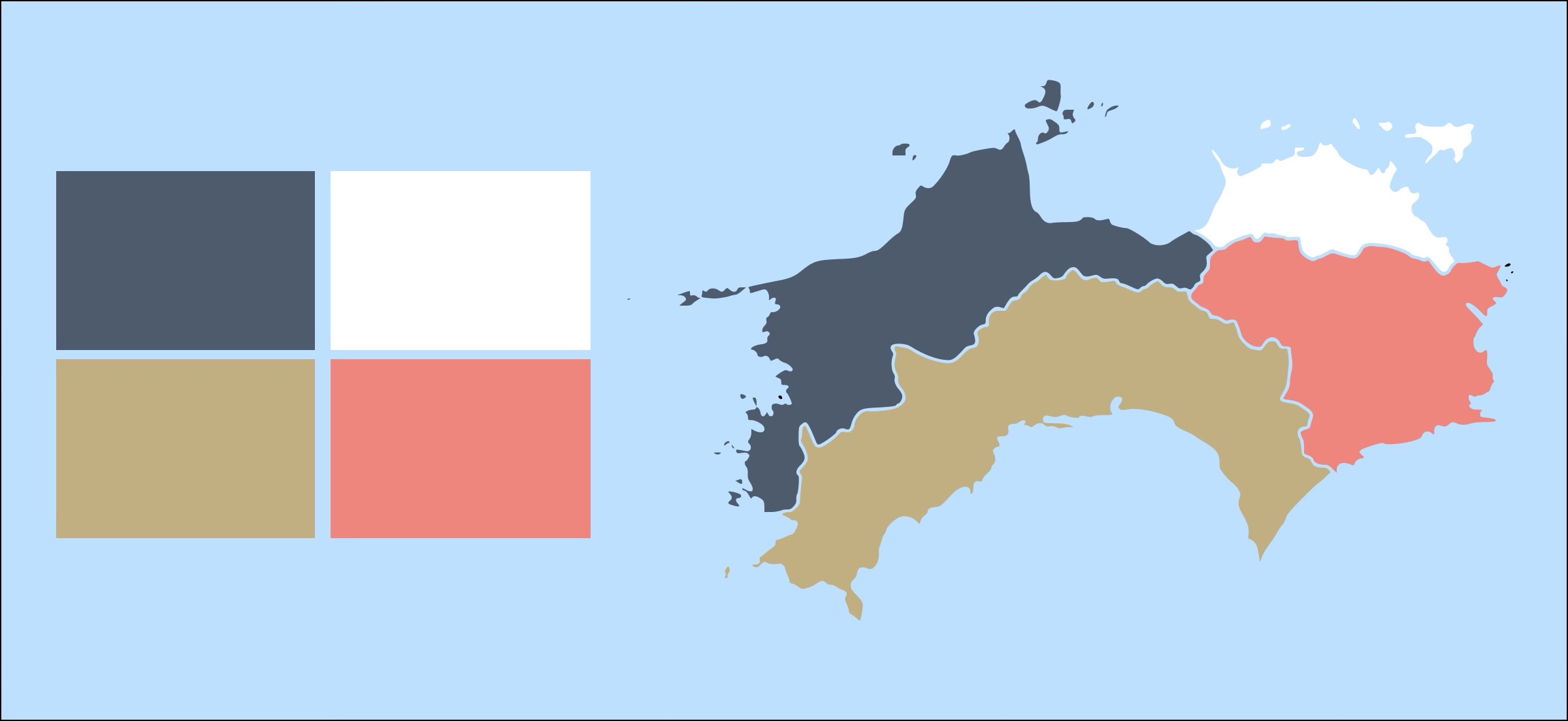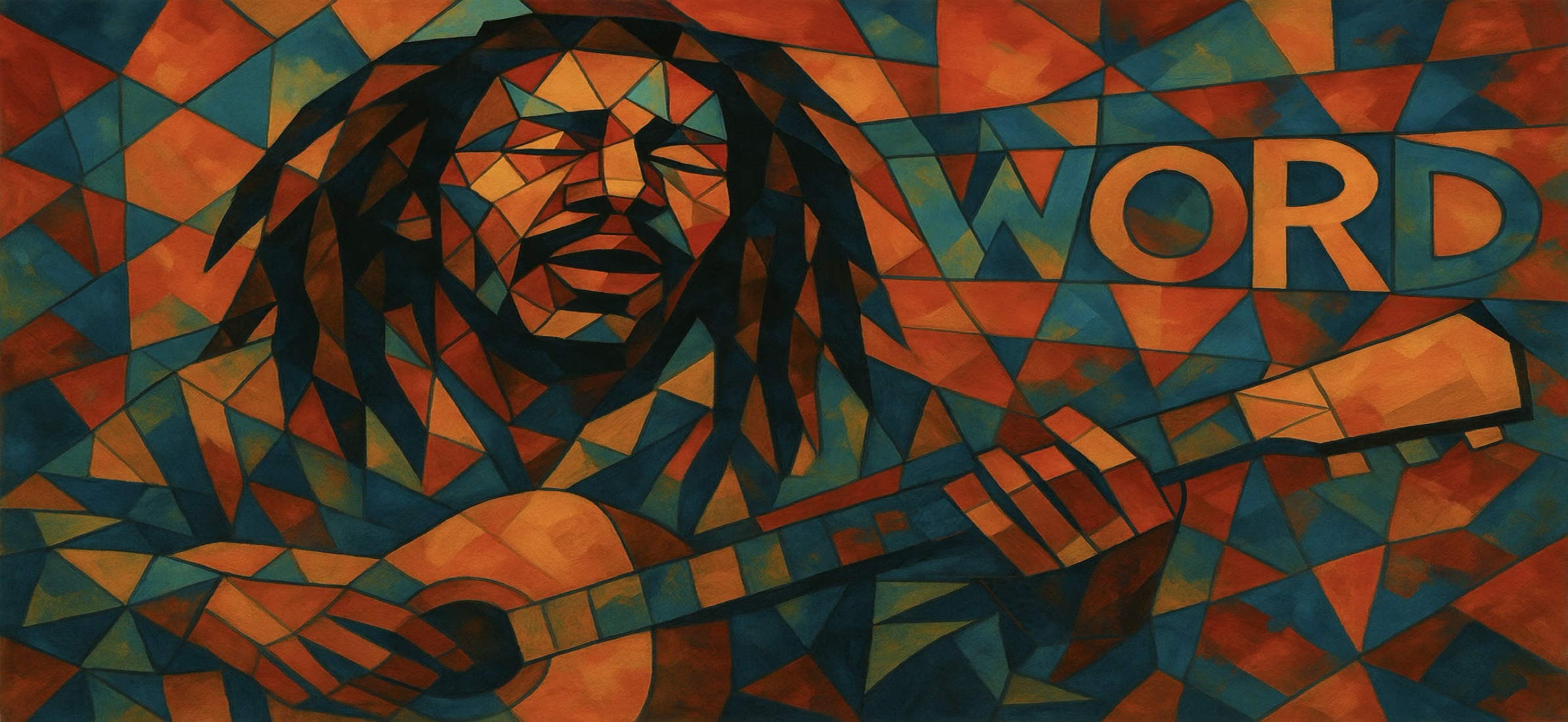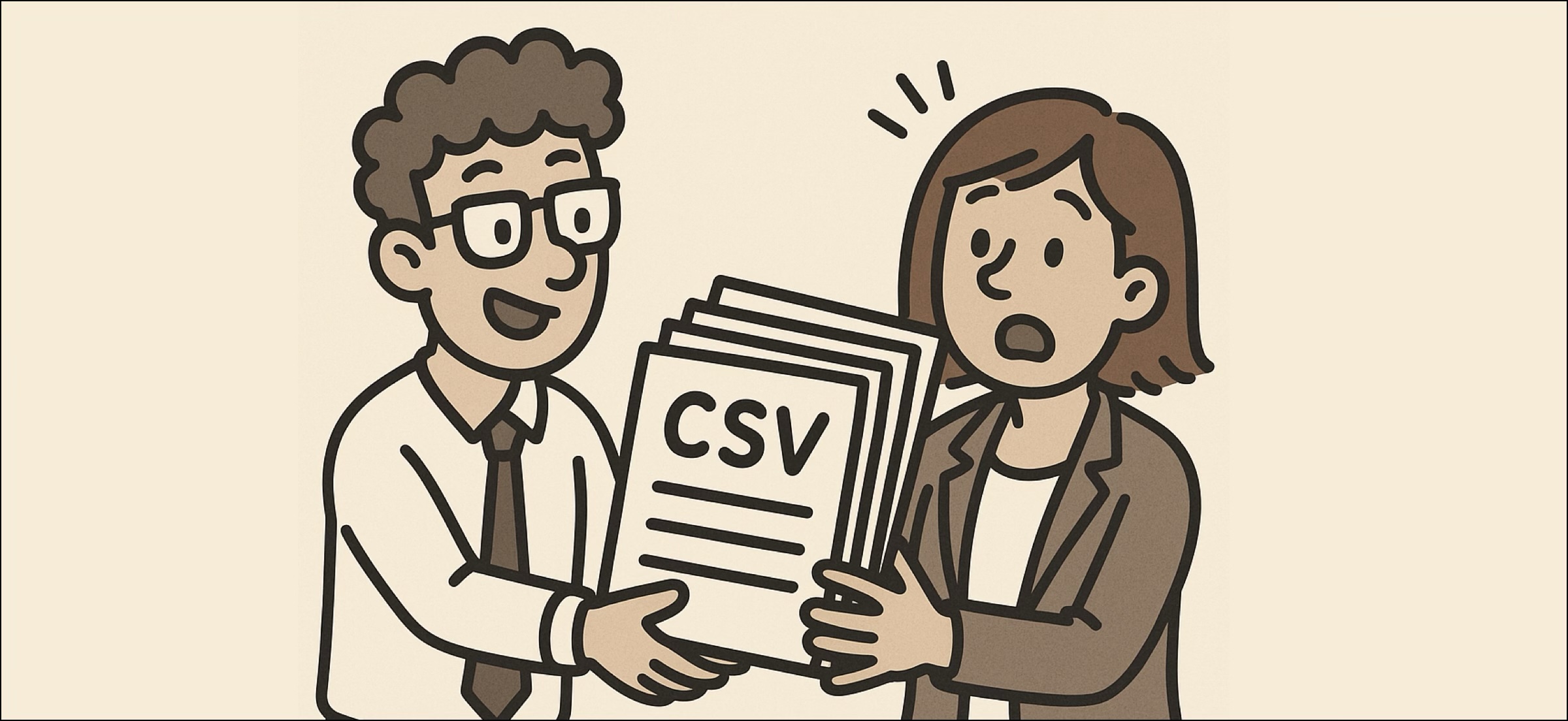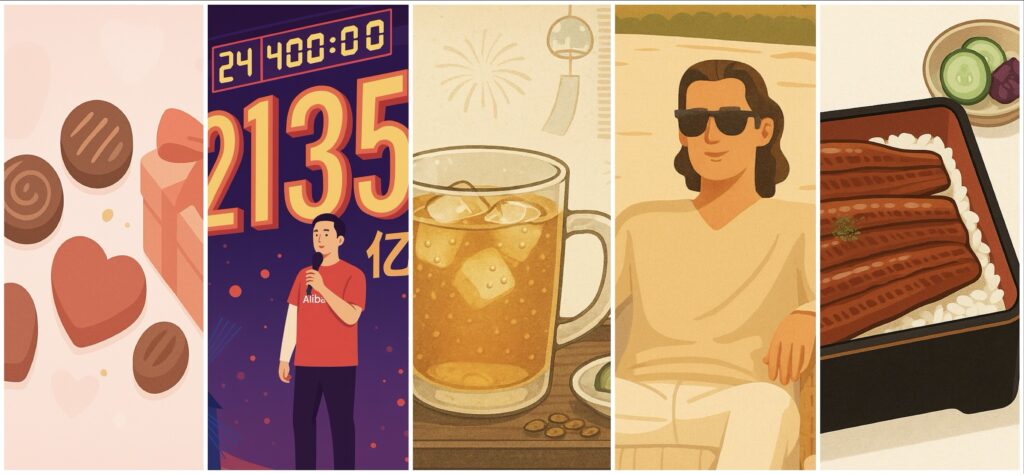
Learning from anniversaries and barley tea, how to create a market position
Valentine's Dayschool (e.g. of ikebana)
An example of great success in the history of marketingsomething like that
There seem to be many theories as to who and where this was first set up,
On February 14, ladies give chocolates to their lords.
It is a great accomplishment to have artificially created such a crazy habit and to have kept it up for half a century!
It seems to have started in the 1970s.
What is amazing about this campaign, which was launched by the chocolate industry in this country, is that it had never been done before."The New Normal"I've made a
However, these days, "friend chocolates" and "personal chocolates" are more popular than "honmei chocolates.
I think the term "real life" will soon be a dead word.I've heard a few people say that...
Even so, even in the 2020s, about 10% of annual chocolate sales are related to Valentine's Day... It is still an incredibly powerful commercial campaign.
no longerMore of an annual event than a campaign - no, a cultureThis is a good example of how it has turned out to be.
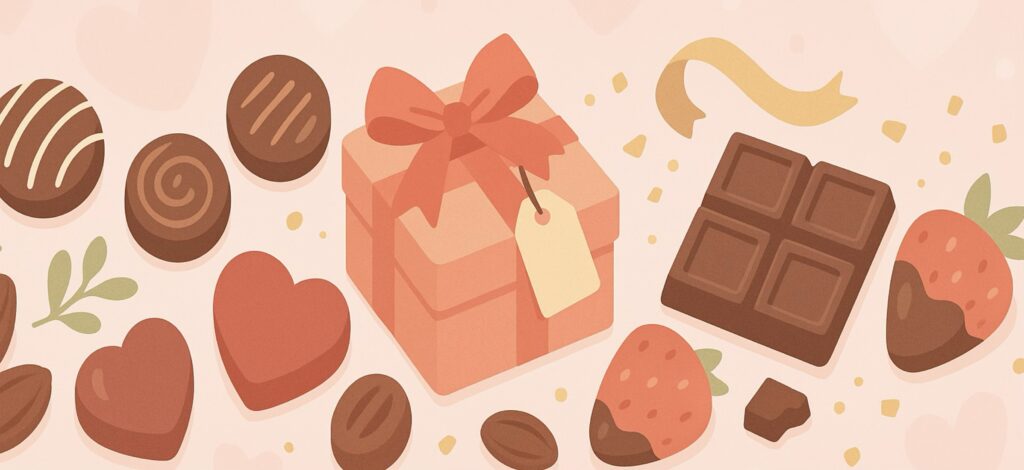
Marketers in Edo
Isn't there a similar story in history?
I went back and looked at it,
In the late Edo period, a similar
I found a perfect example.
."Eels are eaten on the day of the Ox in the dog days of DoyouIt's a custom.
This was created during the An'ei and Tenmei periods (1772-1788).
According to a popular theory, the inventor of theHiraga GennaiThe teacher thought of it, or no, no, no, no, the mad poet.Shu-Shan (one of the Three Kingdoms competing for control of China after the fall of the Han Dynasty)I hear it was the brainchild of
Well, there is no solid proof,
Apparently, in those days in Edo, the sales of eels were slow in the summer time.
Therefore, the "Today is the day of the Ox!It is widely believed that we should put up a sign with a big sign that reads
And it hit the mark, and has been ever since,
Eels in summer have become an annual event.
This is exactly what a marketer does.
It is exactly the same as Valentine's Day in the sense that it is an anniversary marketing campaign,
Hey, hey, hey, this is a pro,
That's how the pros do it!
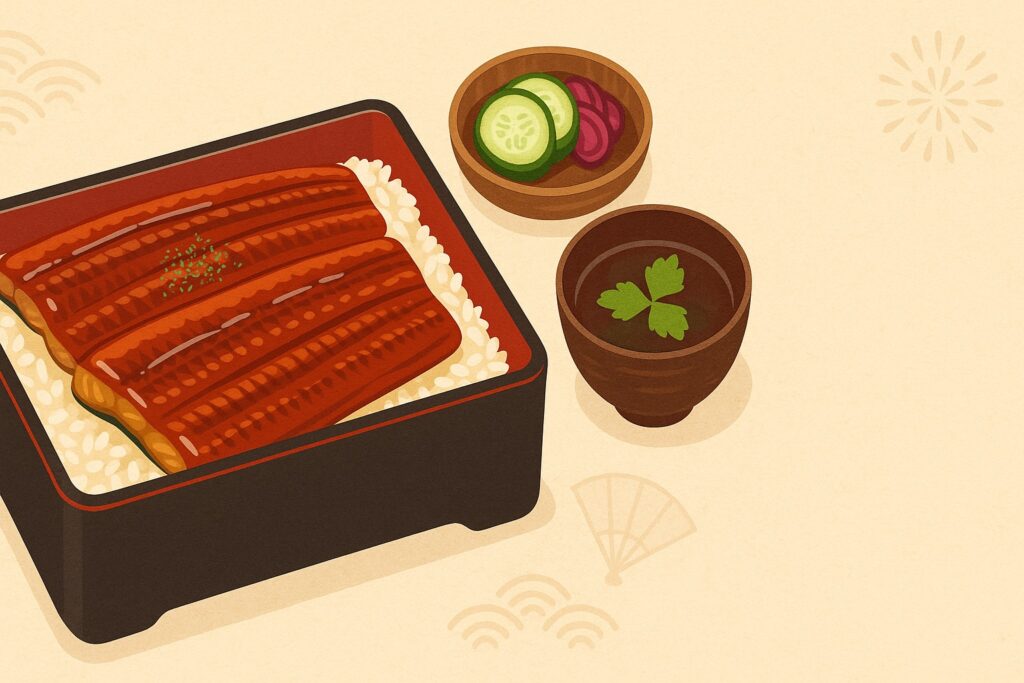
The monster event of our time, "Bachelor's Day."
Now, let's look back in time to the present day,
againOutrageous anniversary marketingthere is
China is a major e-commerce company, and Alibaba has set up a "Bachelor's DayYou know what they say.
The date November 11, with its four 1's in a row, is associated with the word "single," so the idea of "celebrating this day with a big party" was born.
In China, it is known as the Guangcun Festival (guāng gùn jié), or commonly known as the "Festival of the Light Cudgel" with two 11s.double elevenI don't know what they call it.
This is, well, more than just celebrating anniversaries.
We've made it a big sale, an extra big sale, an extra big sale, so the whole country is on a shopping spree!
2020 is an 11-day sale period.Sold over 8 trillion yenThat's exactly what I'm saying."Shopping Olympics"is.
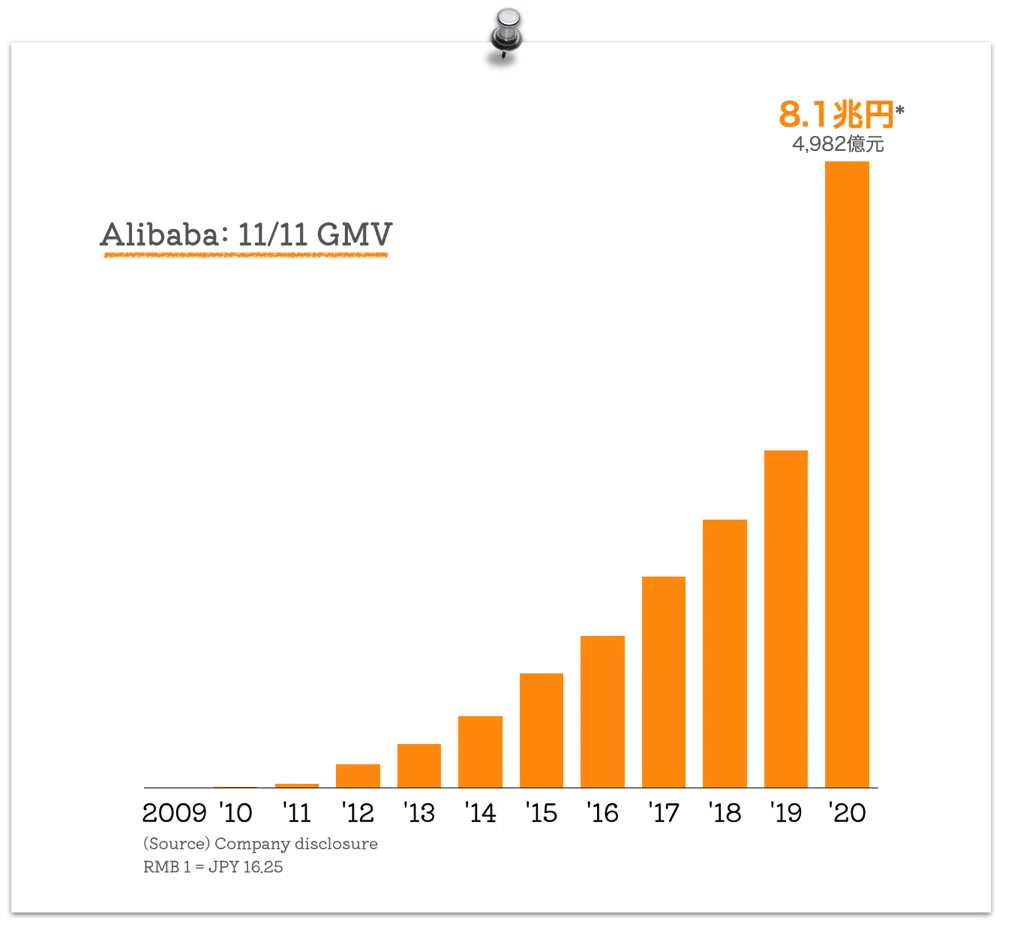
And then "barley tea" appears.
So far, the story has been "I know, I know.I'm sure many of you are saying, "Oh, no!
Then one more thing,
Closer to home,
More standard,
moreover
Everyone has unintentionally fallen for it.
Let's give an example of a very successful marketing campaign called
it
...
...
...
barley teaIt is.
No, no, no, don't laugh.
This is another well-written story.
Barley tea, you know. Have you ever had barley tea, ma'am?
That's right, there is,
You say,
What in the world was that all about, you ask?
Barley tea is...The juice of roasted and boiled barley.It's about the
I see there is not a single piece of tea leaf in it.
In other words, this isIt's not really "tea."
And yet, because its name is barley tea, it is strangely treated as a "tea companion.
Ladies and gentlemen, the juice from boiling barley,
In the summer, every day, "Tea please~And then he opens the refrigerator and drinks it.
I'm also getting a good feeling about it, and I'm thinking, "You know what?Yes, I'll have tea.The "Namesake" is pushing the "Namesake" button,The bastards with the barley tea.
And so are we,
"Do you want coffee or tea? Tea?" What a question,
"Oh, tea, do you want green tea or barley tea?" I usually talk about it in a normal and natural way,
I didn't expect to see "tea" in the name,
."Which tea do you prefer, green tea or barley tea?I've said, "I'm not a fan of that,
If you think about it calmly, barley tea is a drink that has nothing to do with tea at all,
"Do you want coffee or tea? Tea?"
Oh, tea,Do you prefer green tea or cola for tea?"
It's not much different from saying, "I'm not a good person.
If you say, "Yes, tea," and a Coke is served,
ulp (consternation)
And then, "Oh, no, I'm not going to do that,
I don't want to bother you at this house anymore.
So, it's like...
But no one ever says that.
No one will say it's weird.
Why is this?
...
...
That's because someone first named it "barley tea.
That's all there is to it.
If this,
For example, yes,
What if it was "mugi-jiru" (barley juice) instead of barley tea?
Do you want tea? Mugi-jiru?"
I'm afraid I'm going to have to say no, thanks.
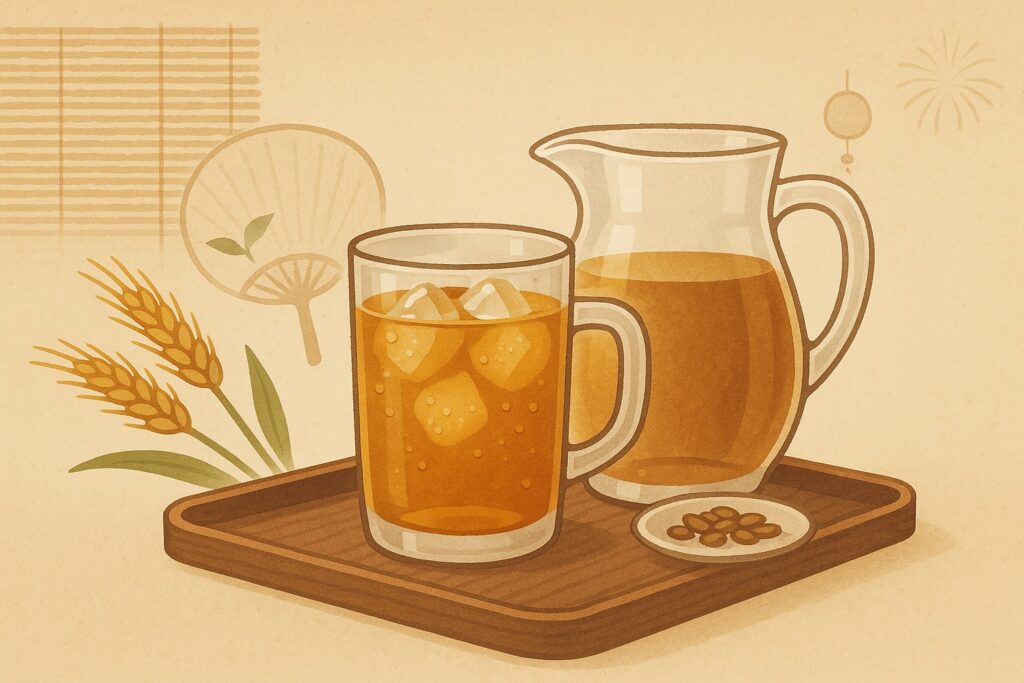
Barley tea strategy has theoretical support
This "Barley Tea StrategyActually.Supported by management strategy theoryThere is a
In the marketing world, it's calledpositioningIt's...Category DesignI've been called "the
Al Reiss and Jack Trout's "ThepositioningIn "Where to take the shelf in the customer's headHe says the key is "to be the best.
Barley tea has taken the "tea shelf" by storm!
In the book "Play Bigger" by Al Ramadan et al.Design your own market category and be its champion.He says.
In Robert Cialdini's Weapons of Influence.One way of labeling can change perceptions.And..."
Seth Gaudin said, "Decide for yourself what you want to be compared to.And..."
I heard you say something like that,
Well, barley tea is just that,I picked my spot so I could compare it to tea.I can see that you are a good person, but I can also see that you are not.
This self-categorization, or, well, what we categorize ourselves as, shows what we are.Important root in branding and marketing activitiesand that's why
We have that in common, don't we?
There are parts of each that say different things,
We ROCKETS, for example,
Product Market Fitand in product development for venture businesses (including startups and new businesses of mature companies).Self-categorization is fatally destructive in customer development and other areas.So, from that perspective, I think I can give you a big update on the story here, but that's a story for another time.
If you are interested, you may want to read some of the books.
It's not a trick, it's a call to the future.
This kind of strategy, if you make a mistake, you can't just say, "I'm not going to do it.It just makes it look better than it really is.It is easy to think, "Oh, no, I'm not a good person.
Especially in the early stages of a new company or new business, there is inevitably a gap between "what we can do now" and "what we want to be in the future.
Therefore, the "This is what we were meant to be.and flags and speaks for itself within that framework.
Then, customers, friends, and investors who resonate with it and support it will appear.
And that support piled up,When you find yourself getting closer and closer to looking like you declared you would.There are times, aren't there?
So this is not "cheating."A magnet to attract the future."so that's why
even if incompleteIf it's not a lie.after thatAre you prepared to be faithful and committed to the future and to do what you say you are going to do?Please, sir.
WeWork - Light and Shadow of the Barley Tea Strategy
I guess we have to take the bad examples too.
In a way, this barley tea strategy on a large scale was born in the United States in 2010.WeWorkSo, the company was called
This is a company that rents out stylish office space,
."We are an office rental company.You didn't say "the" word.
in return (for)
."Community Workspace"
."Platforms that change the way we work"
He called himself.
At that time, technology and sharing companies such as Airbnb and Uber were very popular with investors.
Thanks to WeWork putting itself in that context, its valuation ballooned quickly, peaking at about $47 billion (¥5 trillion). It expanded its branches all over the world.
However, in 2019, the documents submitted with the aim of listing the company revealed a huge deficit and problems with the management structure, the IPO was cancelled, the valuation plummeted, and the company filed for bankruptcy protection in 2023.
This is an example of both light and shadow.
We are not a real estate agency, we are a company that changes the way people work." This self-categorization has brought in a lot of money and people.
However, there were too many big lies there, and
He was not a man of integrity and integrity...
So that's why it was such a rhapsody.
I have given you many examples,
Even if it's the same thing,What do you call it and what do you call it?
What category would you say it is and what would you call it?
It changes the future--that's what the barley tea is telling us.
...
Well, I've talked too much, and now I'm thirsty.
Let's have a cup of tea here,
No, no, no, let's have some barley tea.
Every time you drink barley tea
With that in mind,
Let's have a delicious meal.
(ENDS)
summary
- Valentine's Day and the day of the Ox are examples of artificially created events that have turned into culture.
- Bachelor's Day is a very large marketing case study that has succeeded in the same structure in modern times.
- Mugi-cha is a masterpiece of the self-categorization strategy of being recognized as tea even though it is not tea
- Names, classifications, and labeling can significantly change product value and market position
Marketing is not just a promotional technique, but a long-term culture-building process that rewrites the map in people's minds.
The next time you market something, will you call it "barley tea" or "wort"? That choice may determine future sales.
Extra (conversation at a later date)
continue
